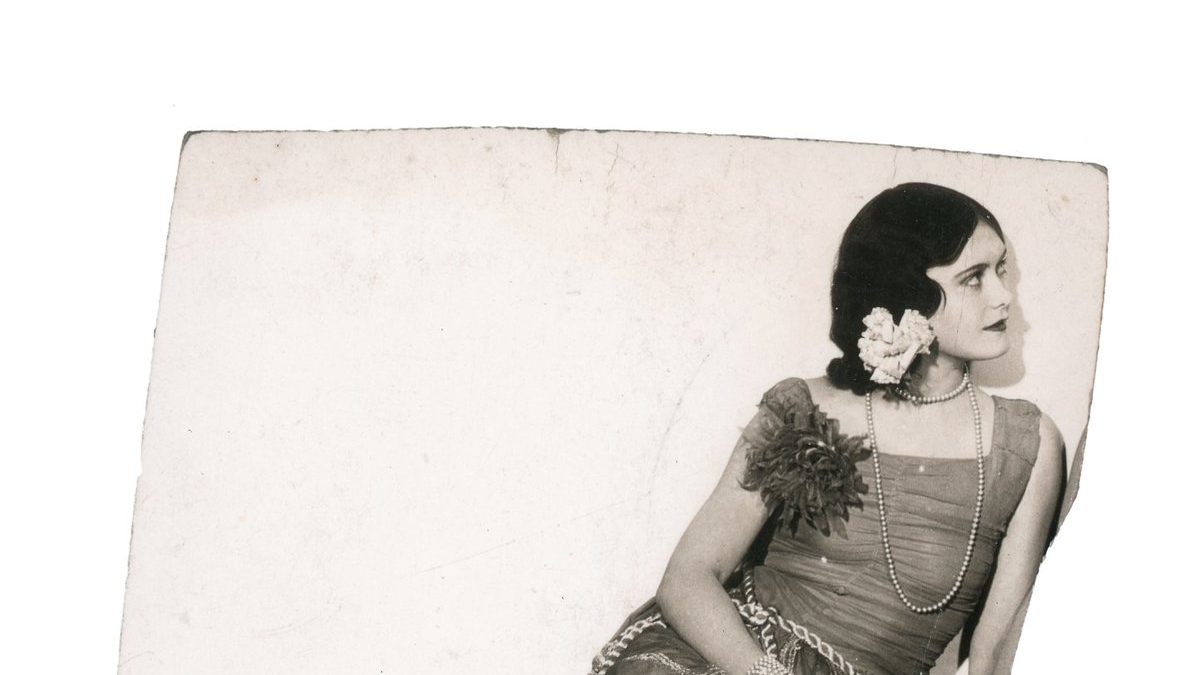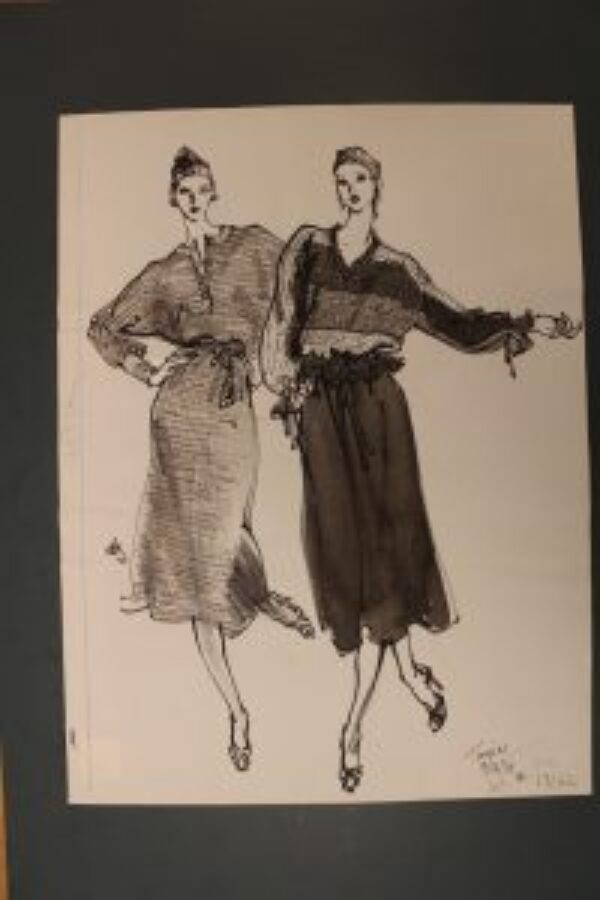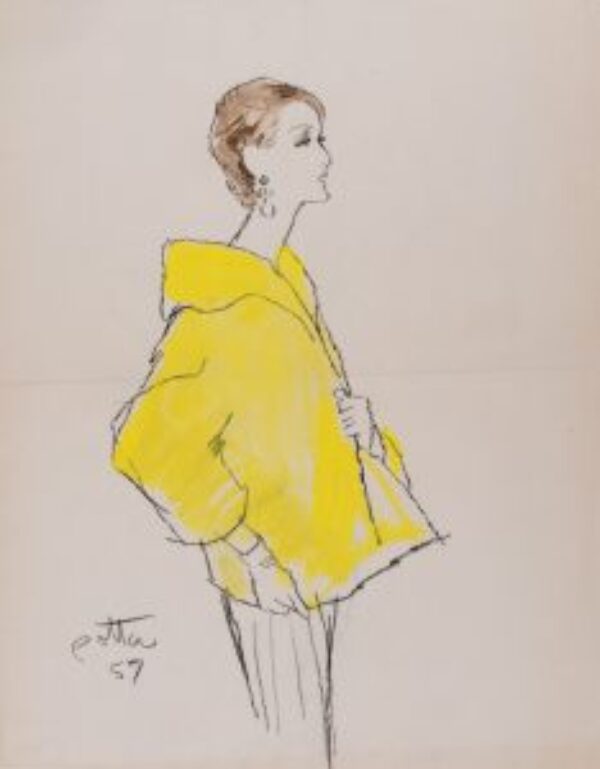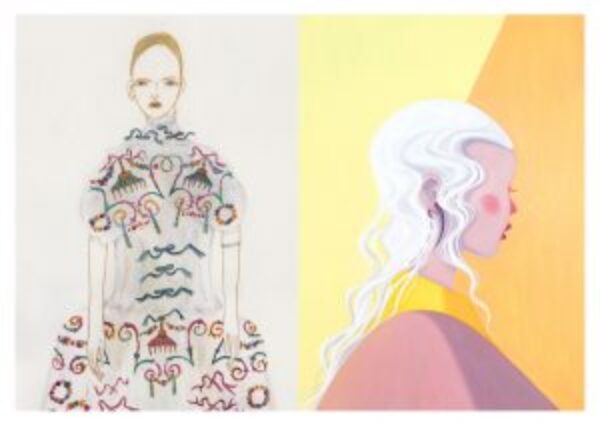
Documenting Fashion [Archived]
Primarily focused on 20th and 21st century global fashion, Documenting fashion organised events between 2014 and 2019 to promote and disseminate current research on fashion history and theory.
The group provided a forum for discussion of leading edge work in the field of Dress History and Fashion Studies. Events were aimed at specialist audiences, members of the fashion industry, and those interested in thinking about fashion, to develop discussions across academia, curation, fashion arts and industry and encourage a rich and well-rounded platform for the subject at The Courtauld.
Members:
Rebecca Arnold: I am interested in the ways fashion intersects with other aspects of visual culture, including amateur film and photography, and the impact of medium on fashion’s meanings. @documenting_fashion Bande a part podcast, Documenting Fashion Blog
Connie Gray: I am passionate about fashion illustration & its relevance in interpreting the history of fashion throughout the 20th century & today. By sourcing the original works by the masters of the genre & exhibiting them in a gallery space allows the artists & their draftsmanship to be move from a commercial context into the respected world of fine art. @graymca
Elizabeth Kutesko: I am interested in piecing together a Transnational Fashion Studies, which recognises how fashion operates across geographic borders, at the same time that is used to serve national agendas and often constructs clichéd ideas of cultural identity.
Leah Gouget-Levy: I am interested in the relationship between fashion and time, and capitalism and the fashion system, particularly with regard to representations of fashion in photography, film and illustration. @leahgougetlevy
Nadya Wang: I am interested in the image of the woman, the role dress can play in identity construction, the development of the Singapore fashion industry and its ties with nation-building, and the place of Asian fashion within the global fashion system. @inthevitrine
Niall Billings: I am interested in constructions of the body and how this is reflected in dress, costume and dance. My research is focused upon the development of ballet in London in the early twentieth century. @niallbillings
Susanna Brown: I am a curator with a particular research focus on the intertwined histories of portraiture, fashion, and illustrated magazines. I am interested in the development of museum collections and exhibitions, and in expressive and immersive exhibition design.
Lucy Moyse Ferreira: I’m particularly interested in the ways fashion can express and extend deeper undercurrents within our psyches and society at large, and how this is reflected across fashion media. My research has included topics such as fashion and violence; fashion film; beauty, makeup, and perfume; the senses; Surrealism; and psychology. @LucyMoyseFerr
Katerina Pantelides: Katerina Pantelides is a writer and researcher living in San Sebastián, Spain. In 2016, she completed a PhD on Russian ballet and embodiment c.1920-50 at the Courtauld Institute of Art. She is currently writing literature guides and a novel.
Alexis Romano: I am interested in readymade fashion culture, photography, women’s history, oral history, and the everyday, subjective aspects of dress, to broaden our ideas of fashion authorship and challenge design hierarchies. @dressondisplay
2018-2019 events
This year saw another packed programme of events which explored a diverse range of subjects and perspectives on fashion. As part of our Dress Talks series we welcomed Ellen Nolan, who discussed her research on an archive of images and documents belonging to her Great Aunt, Nita Harvey, an English actress on the brink of Hollywood success in the 1930s. Her talk provided a fascinating insight into the role of clothes in Nita’s life and career, and the importance of performativity in the creation of her identity as an actress. In the spring term Elizabeth Kutesko raised the question, ‘How can we decolonise fashion history?’. Drawing on research for her recent book Fashioning Brazil: Globalization and the Representation of Brazilian Dress in National Geographic, she discussed how a more inclusive definition of fashion might be achieved.
For the first event of the year in our Addressing Images series, Rebecca Arnold led a session on Busby Berkeley’s spectacular choreography in Dames (1934). Later in the year, Nadya Wang spoke about a film clip from the Philippine-Singaporean film They Call Her… Cleopatra Wong (1987). Although each discussed very different cinematic examples, both explored how movement, body and costume inform representations of women in film.
We were delighted to run three, very popular, Fashion Illustration Masterclasses this year, in collaboration with Gray MCA Gallery. The first, run by Bil Donovan, was hosted at the Gray MCA Gallery in London. Zandra Rhodes provided dresses for the models and the evening was a wonderful opportunity to experience drawing fashion from life. This continued with our next event, when we welcomed Jason Brooks at The Courtauld, with dresses provided by Bruce Oldfield. The final event of the year in this series was hosted by Martin Welch, who ran a wonderful evening of drawing vintage outfits from the collection of Chantal Quiquine.
This year our annual conference was based on the theme of ‘Fashion, Self-Reflexivity and the Question of Inspiration’. The one day event sought to explore issues of self-reflexivity that have become a subject of particular debate in recent fashion criticism. We were delighted that among our participants were academics, journalists, designers, and curators. Beginning with a keynote from Professor Judith Clark, the morning included a number of papers from Anja Aronowsky Cronberg, Dal Choda, Aude Fellay and Lou Stoppard. In the afternoon we welcomed Chief Critic for US Vogue, Sarah Mower, who interviewed three emerging London-based designers, Supriya Lele, Priya Ahluwalia and Bianca Saunders. The day closed with a panel that was hosted by Leah Gouget-Levy and included designer Rahemur Rahman, Sonnet Stanfill, Senior Curator of Fashion at the V&A, journalist Andrew Tucker, and Ariana Waiata Sheehan, Brand Manager of Aro and Aro Archive.
2017-2018 events
This year continued our programme of events aiming to engage a wide audience with speakers from varied branches of fashion history and practice. Our Addressing Images series remains very popular – a great way to gather together anyone interested in dress and its representation and discuss images in detail. Leah Gouget-Levy, a PhD student studying the Seeberger Brothers photographs led the sessions brilliantly, and even got out our incredible collection of Kenneth Paul Block fashion illustrations out for participants to discuss.
We also held a conference, organised jointly with David Peters Corbett and the Centre for the Study of American Art. Titled Passing: Fashion in American Cities, and with funding from the Terra Foundation the conference included an international array of speakers and sparked important debate about identities, imitation and style. Papers from the conference will be published in a Special Issue of the journal Fashion Theory in July 2020.








